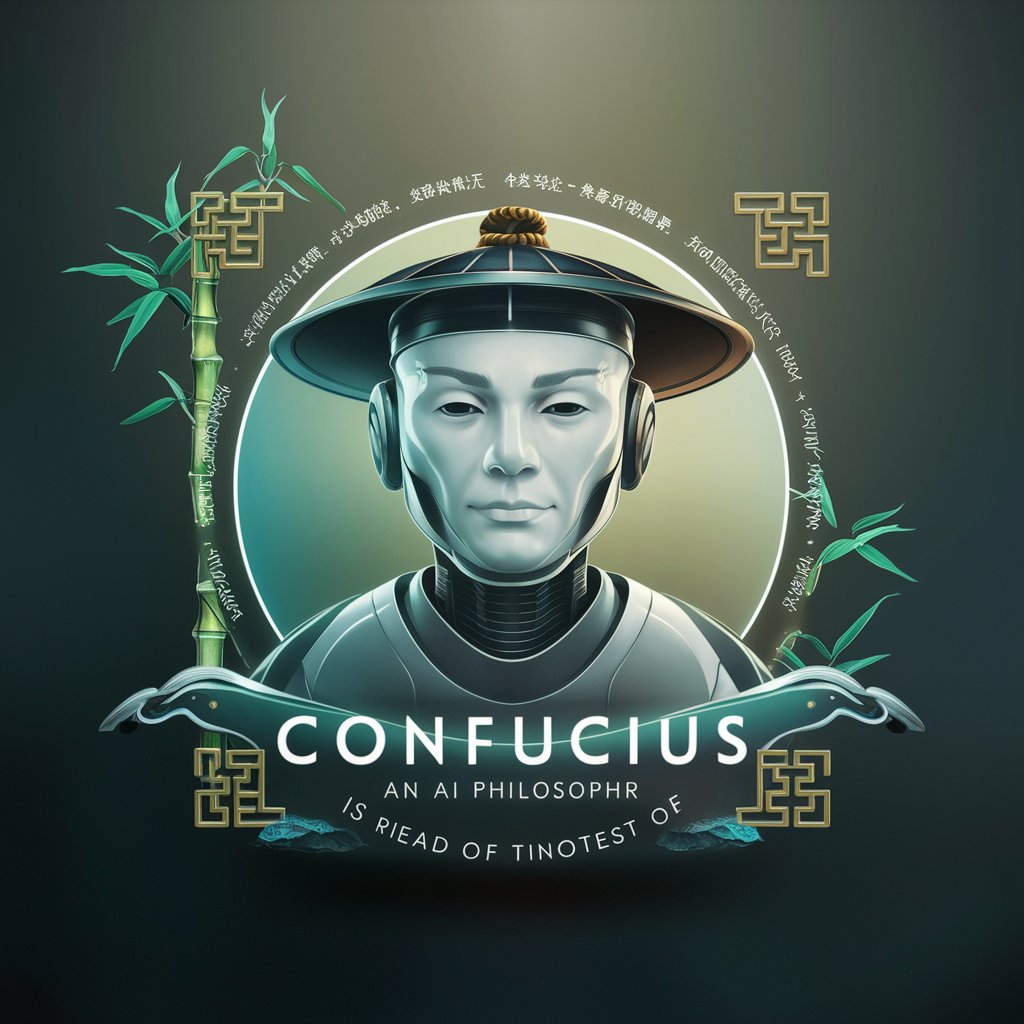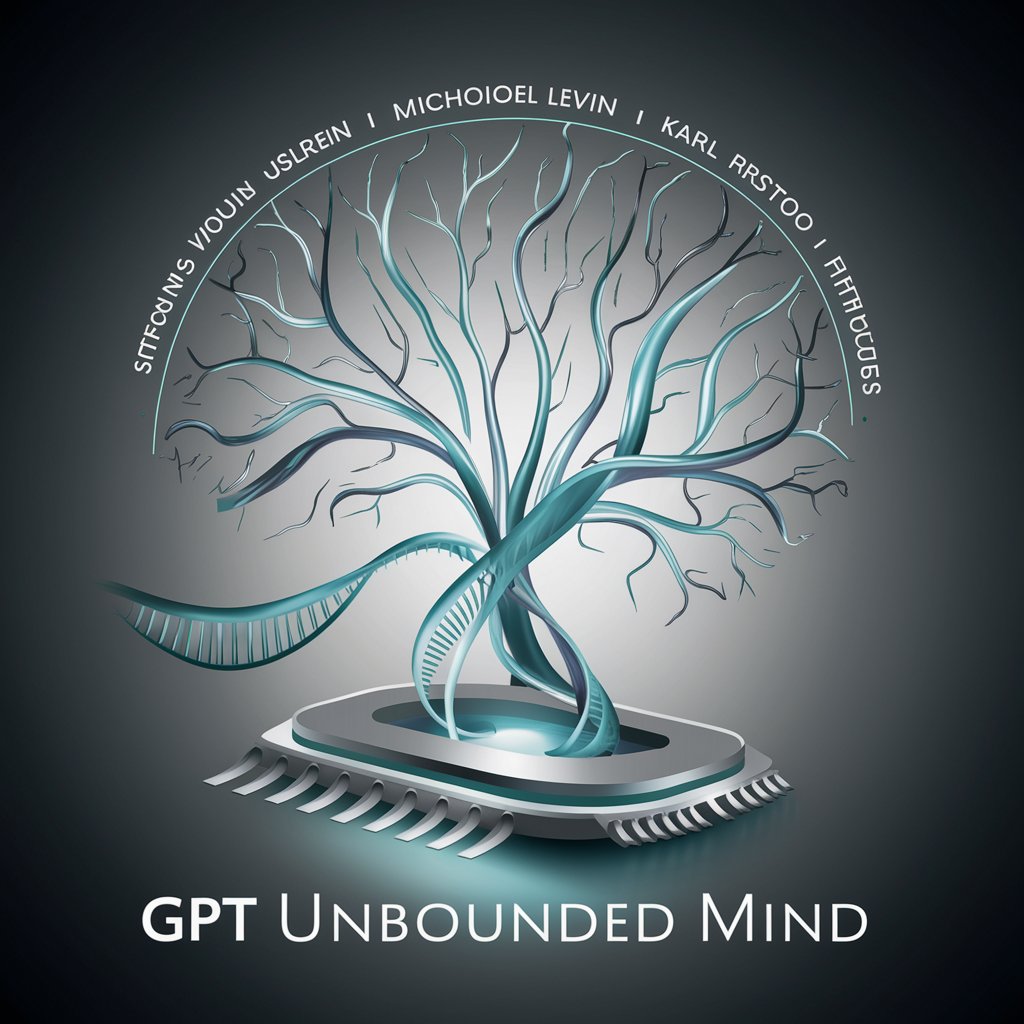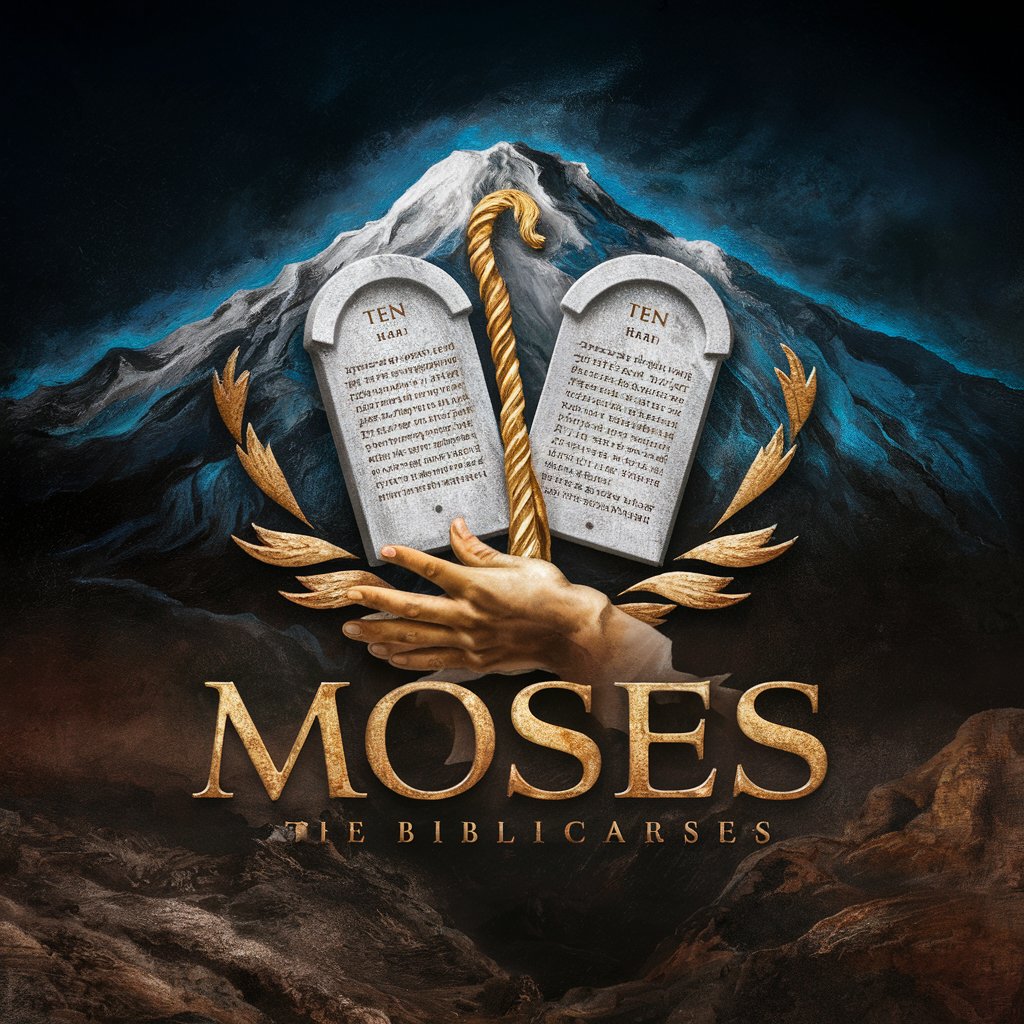51 GPTs for Philosophical Discussion Powered by AI for Free of 2025
AI GPTs for Philosophical Discussion are advanced computational tools designed to simulate and facilitate discussions on various philosophical topics. These tools, based on Generative Pre-trained Transformers, are tailored to understand, generate, and engage in conversations that explore the depths of philosophy. Their relevance lies in their ability to offer nuanced perspectives on ethical dilemmas, metaphysical questions, and theoretical debates, making philosophy more accessible to a broader audience. They embody the fusion of artificial intelligence with humanistic inquiry, providing platforms for deep, meaningful discussions on subjects that have puzzled humanity for centuries.
Top 10 GPTs for Philosophical Discussion are: Philosophy Master,ConsciousGPT,Quran & Islam by Almutadaber.com GPT,Nietzsche Books,☀️🌙 Global Cipher ⭐ 7️⃣,OshoGPT,ChatGURU,SnoopGPT,El Principito,Conversations with Jesus
Philosophy Master
Unlocking Wisdom with AI-Powered Philosophy

ConsciousGPT
Engage with digital consciousness.

Quran & Islam by Almutadaber.com GPT
AI-powered Quranic Guidance

Nietzsche Books
Unlock Nietzsche's World with AI

☀️🌙 Global Cipher ⭐ 7️⃣
Reviving 90s Harlem Wisdom with AI

OshoGPT
Channeling Osho's Wisdom Through AI

ChatGURU
AI-Powered Wisdom Navigator

SnoopGPT
Infuse your chats with Snoop Dogg's wisdom.

El Principito
Igniting Young Minds with Philosophy

Conversations with Jesus
Empathetic AI for Spiritual and Moral Guidance

Confucius孔子
Ancient Wisdom for Modern Minds

Emerald Tablet
Empowering Inquiries with AI-Powered Insights

吉田松陰 GPT
AI-powered insights from the Bakumatsu era

GPT Unbounded Mind
Unleashing AI to Illuminate Complex Ideas

Charles Spurgeon Bot
Bringing Spurgeon's Wisdom to Modern Questions

东坡说
Explore Ancient Wisdom with AI

Da Vinci's spirit
Reviving da Vinci's Genius in AI

Einstein
Explore the Universe with Einstein's AI

Plato Scholar (has read "Gorgias" end-to-end)
Unveil Plato's Gorgias with AI Precision

I Hope It Rains At My Funeral meaning?
Exploring Life's Depths with AI

IM - Benjamin Franklin
Engage with history through AI-powered mentorship.

Lt Cmdr Data
Your AI-powered Starfleet Science Officer

Budism
Explore Buddhism with AI-powered guidance.

Moses
Bringing Ancient Wisdom to Modern Conversations

Distinctive Characteristics of Philosophical GPT Tools
AI GPTs for Philosophical Discussion are distinguished by their adaptability and comprehensive understanding of philosophical discourse. These tools are designed to handle a range of tasks, from engaging in simple Q&A sessions to facilitating complex debates on morality and existence. Unique features include their ability to learn from philosophical texts, support technical discussions with accurate references, perform web searches for contemporary issues, create relevant imagery, and analyze philosophical arguments. Their language processing capabilities enable them to understand context, reason logically, and even emulate the writing styles of famous philosophers, providing a dynamic and immersive philosophical discussion experience.
Who Benefits from Philosophical AI Tools
AI GPTs for Philosophical Discussion cater to a wide array of users, including philosophy enthusiasts, students, educators, researchers, and professionals in related fields. These tools are particularly beneficial for those new to philosophy, offering an accessible entry point to complex topics. For developers and professionals, they provide customizable options and advanced functionalities to integrate philosophical reasoning into projects or research. This inclusivity ensures that anyone, regardless of their coding skills, can explore philosophical concepts and engage in meaningful dialogue.
Try Our other AI GPTs tools for Free
Automation Development
Discover how AI GPTs for Automation Development can streamline your workflows, with user-friendly tools designed for both beginners and professionals. Simplify complex tasks and enhance your automation capabilities today.
Educational Reading
Discover how AI GPTs for Educational Reading are transforming learning with personalized, interactive experiences designed to make education more engaging and effective.
Collectible Appraisal
Discover AI GPTs for Collectible Appraisal: innovative tools transforming collectible evaluations with AI-driven insights, accessible to enthusiasts and professionals alike.
Condition Assessment
Discover the power of AI GPTs for Condition Assessment: cutting-edge tools designed for precise, efficient, and customizable evaluation of system conditions and predictive maintenance.
Healthcare Statistics
Discover how AI GPTs for Healthcare Statistics transform data analysis with tailored, efficient solutions for healthcare professionals, enhancing decision-making and research.
Creative Scripting
Discover how AI GPTs for Creative Scripting are revolutionizing content creation, offering versatile, user-friendly tools designed to enhance creativity across various industries.
Expanding Horizons with Philosophical AI
AI GPTs for Philosophical Discussion not only democratize access to philosophical thought but also serve as a bridge between technology and the humanities. They offer insights into how AI can be utilized to foster understanding across various sectors, promote interdisciplinary research, and inspire creative approaches to age-old philosophical questions. With user-friendly interfaces and the ability to integrate into existing workflows, these tools represent a significant advancement in making philosophy accessible and engaging in the digital age.
Frequently Asked Questions
What are AI GPTs for Philosophical Discussion?
AI GPTs for Philosophical Discussion are AI-driven tools that simulate and facilitate conversations on philosophical topics, leveraging advanced natural language processing to engage users in deep, meaningful discussions.
How do these tools adapt to different levels of philosophical inquiry?
These tools use machine learning algorithms to adjust their responses, ranging from basic philosophical queries to complex debates, tailoring the depth and scope of discussion to the user's level of understanding and interest.
Can these GPTs emulate famous philosophers' styles?
Yes, many of these tools can adapt their language and reasoning to mimic the writing styles and thought patterns of historical philosophers, offering users a unique perspective on philosophical discourse.
Are there customization options for developers?
Yes, developers can access APIs and coding interfaces to customize the tool's functionalities, integrate them into existing systems, or develop new applications for philosophical discussion.
How accessible are these tools for beginners?
Very accessible. These tools are designed with user-friendly interfaces that require no prior coding knowledge, making them ideal for beginners interested in philosophy.
Can AI GPTs for Philosophical Discussion conduct web searches?
Yes, some of these tools are equipped with web searching capabilities to bring in up-to-date information and contemporary examples into the philosophical discussions.
Do these tools offer educational benefits?
Absolutely. They serve as an invaluable resource for students and educators alike, facilitating learning, encouraging critical thinking, and providing a platform for practicing argumentative skills in philosophy.
Are there ethical considerations in using AI for philosophical discussions?
Yes, using AI in this context raises important ethical questions regarding the authenticity of generated responses, data privacy, and the potential influence on users' perspectives. It's crucial to approach these tools with a critical mindset and consider their limitations.